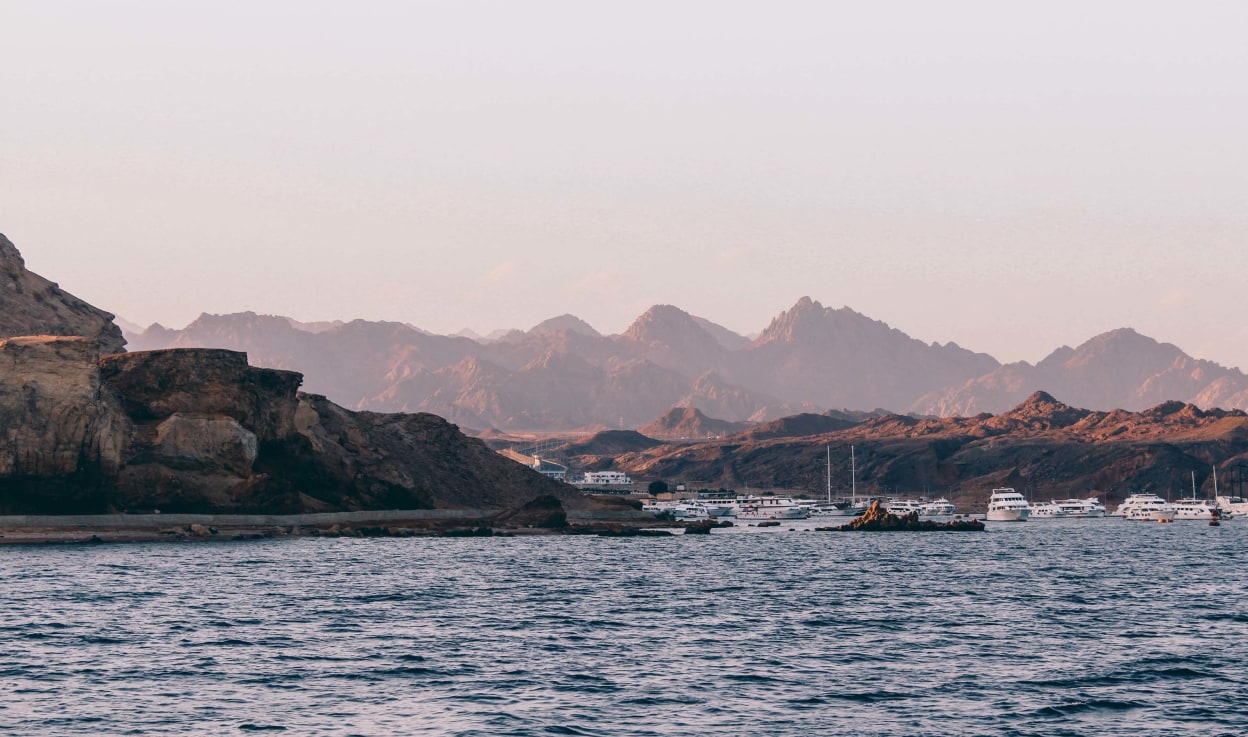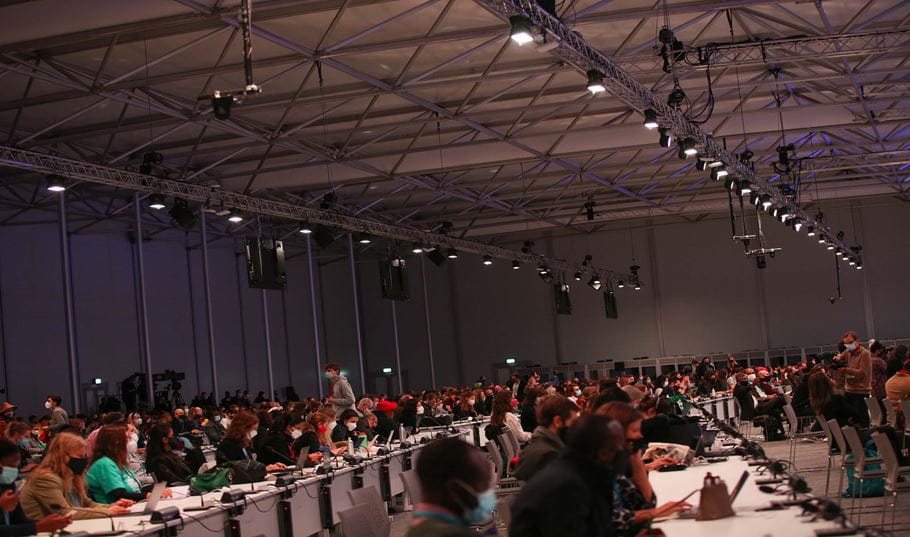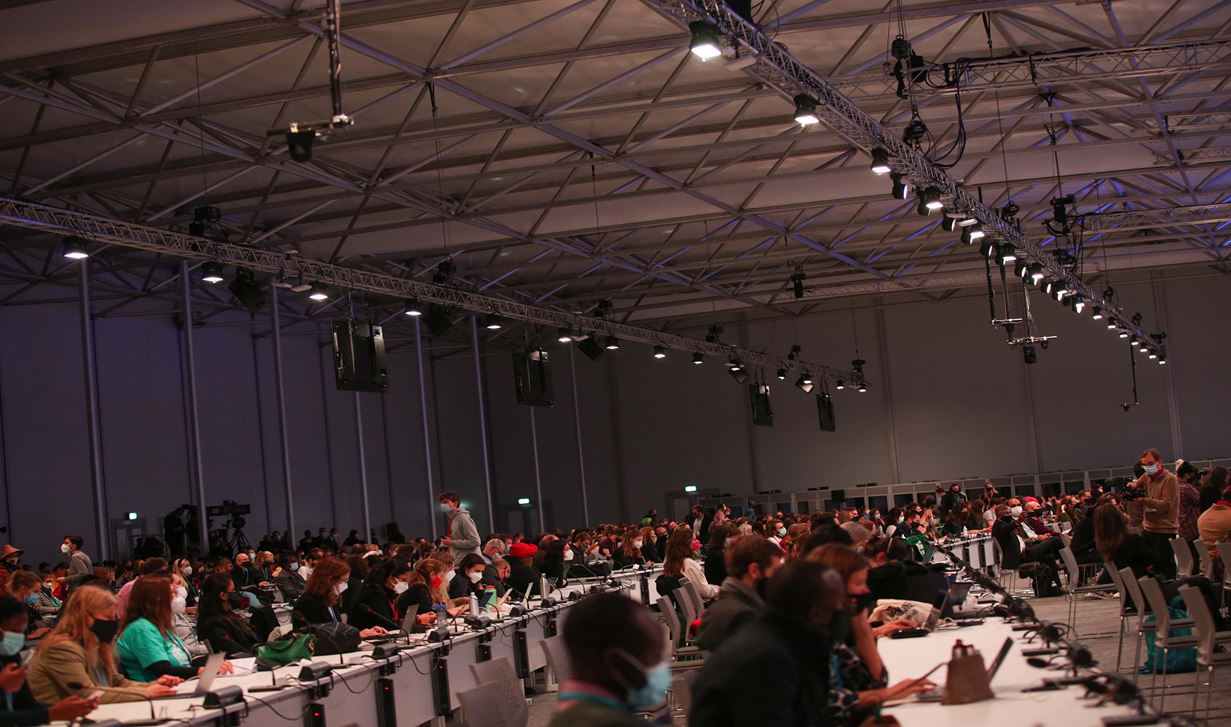In a few weeks’ time, COP27 will get under way in Egypt. But what is a ‘COP’, why does it matter, and what is Tearfund’s role?
COP stands for ‘Conference of the Parties’, and it’s the United Nations’ annual summit where governments of almost every country meet to negotiate a coordinated global response to climate change. In November 2021, the UK hosted the 26th annual UN climate talks – known as COP26 – in Glasgow. This year, the baton passes to Egypt.
Progress – but not justice – at COP26
The Glasgow talks took some important steps forward. Almost 40 nations and institutions committed to end overseas public finance for coal, oil and gas, which could shift $28 billion out of fossil fuels and into clean energy. Official country climate plans announced in the run-up to and at COP26 shifted the dial on our global temperature-rise trajectory. They didn’t go far enough, but every fraction of a degree matters for people on the frontline of the climate crisis.
What’s more, beyond the formal negotiations, we saw evidence of the vast and growing groundswell of public support for action. More people than ever before – including Christians and churches – spoke up for climate justice, playing their part by campaigning, praying and joining marches. Thank you if you were one of them.
But, despite these positive steps, COP26 fell short of justice for the most vulnerable – particularly in the area of climate finance.
Climate finance and why it matters
‘Climate finance’ is funding for actions that stop the crisis from getting worse (known as ‘mitigation’) and help countries to adapt to its impacts (‘adaptation’). Finance is also needed to pay for the unavoidable ‘loss and damage’ experienced by those whose homes, livelihoods and even lives are being lost as a result of the climate crisis.
It matters because – although the climate crisis is a global problem – its effects are felt most acutely by people in low-income countries: those who did the least to contribute to climate change and have the fewest resources to cope with it.
Yet despite the calls of climate-vulnerable nations for this to be addressed, at COP26 wealthy countries failed on two counts. They didn’t agree concrete action to meet existing commitments – including a pledge made in 2009 to provide $100 billion a year from 2020 – and they didn’t commit anywhere near the level of new support needed.














